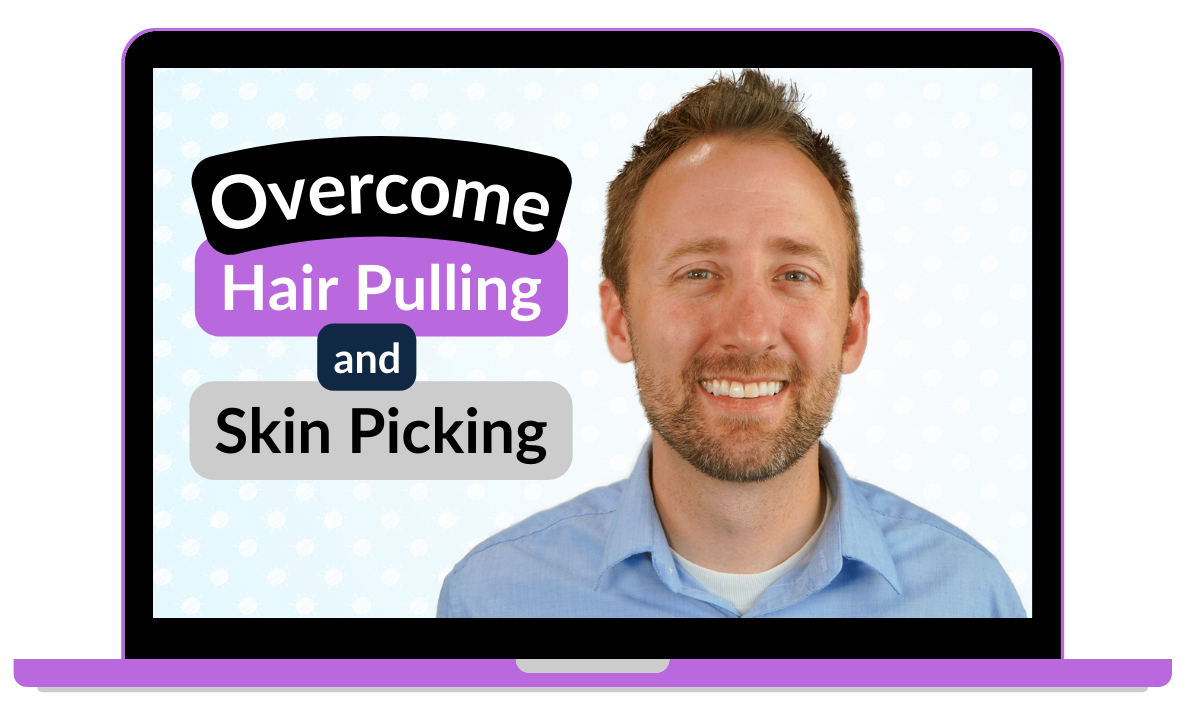Everything You Need to Know About Trichotillomania Symptoms
Trichotillomania, also known as trich, is a disorder that causes people to have an irresistible urge to pull out their hair. If you or someone you know is struggling with trich, it’s important to understand the signs and symptoms. In this blog post, we will discuss what trich symptoms look like and how to get help if you or someone you know is dealing with this disorder. With the right knowledge, you can take the steps needed to help manage your trich symptoms and get the treatment you need.
The urge to pull
One of the most common symptoms of trichotillomania is the intense urge to pull out one’s hair. This urge often feels impossible to resist and can be very distressing. People who suffer from trichotillomania describe the sensation as a powerful and overwhelming impulse. The urge to pull can be associated with anxiety, stress, or boredom, and it can be triggered by various situations.
Those who suffer from trichotillomania may also report feeling tension in certain parts of their body before pulling out their hair. This tension often builds until the hair is pulled, which can provide a sense of relief. However, this relief is usually short-lived, as the urge to pull is soon replaced with guilt, shame, and embarrassment. It is important for those who suffer from trichotillomania to understand that these feelings of urge and tension are normal, but that there are effective strategies for managing them.
Anxiety and stress
When it comes to trichotillomania, anxiety and stress can play a big role in both the onset and ongoing behavior. Anxiety can be a trigger for the urge to pull, and it can also make it harder to resist the urge when it strikes. Similarly, ongoing stress can cause more frequent and intense episodes of trichotillomania.
When an individual is feeling anxious or stressed, it's important to have strategies in place to reduce the risk of engaging in trichotillomania-related behaviors. Deep breathing exercises, mindfulness practices, yoga, or even simply taking a few minutes to relax can all be helpful strategies. It's also important to pay attention to how stress and anxiety affect your own individual body, as everyone responds differently. Knowing your triggers and what helps can make managing trichotillomania easier.

Changes In Mood
Trichotillomania is often accompanied by changes in mood. People with TTM may experience increased feelings of anxiety, depression, and guilt that can be difficult to manage. These feelings are often the result of difficulty controlling the urge to pull their hair, or feeling ashamed of their behavior.
People may also feel embarrassed or frustrated when they’re unable to control their urges and find themselves pulling their hair even when they don’t want to. They may also become isolated and withdrawn, as they attempt to hide their behavior from others. This can lead to a decline in self-esteem, increased feelings of loneliness and depression, and problems in their relationships.
If you are experiencing these kinds of mood changes and feelings related to trichotillomania, it’s important to seek professional help. With the right treatment plan from BFRB Online, you can find ways to cope with these emotions and learn how to better control your urges.



